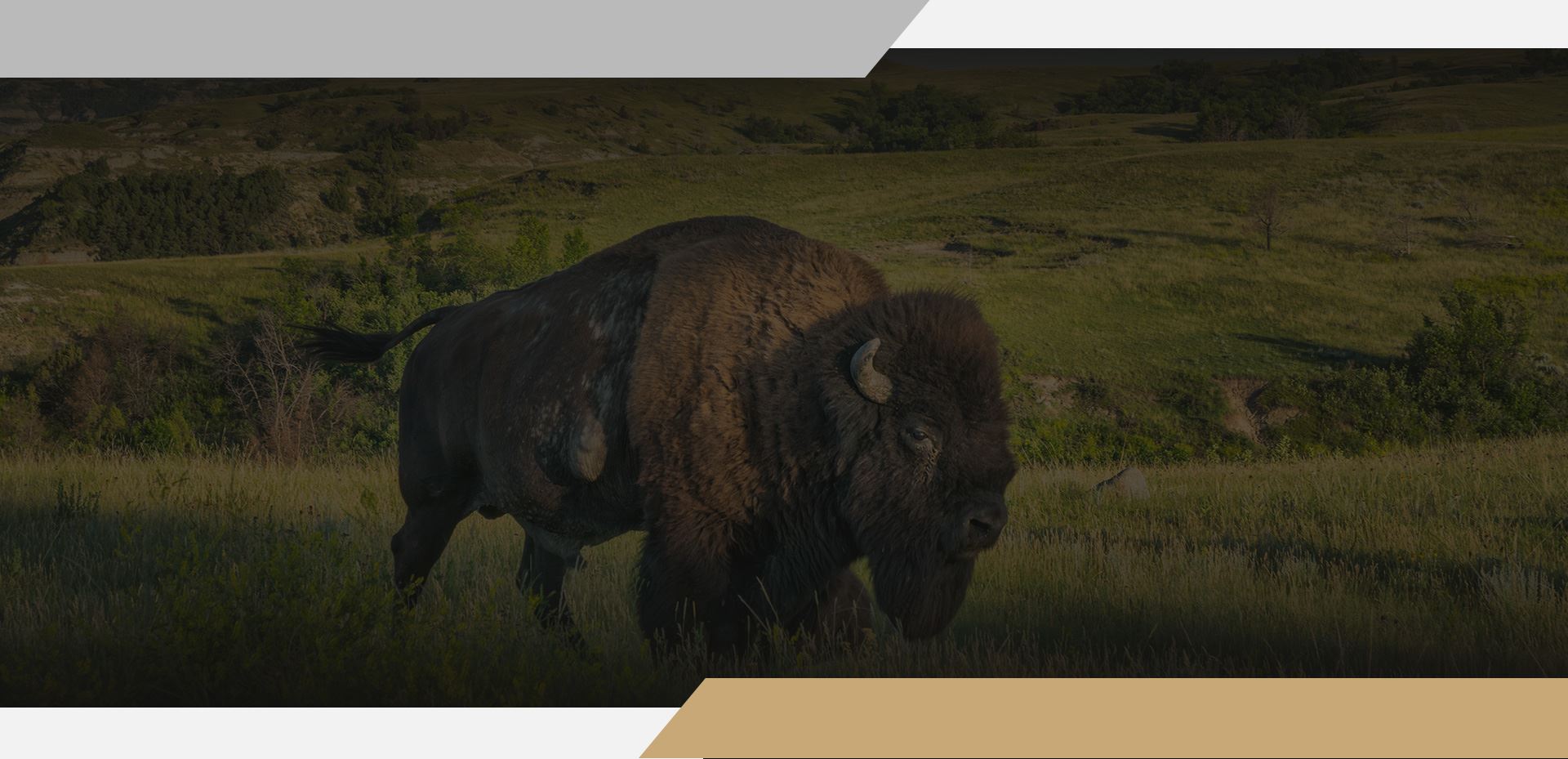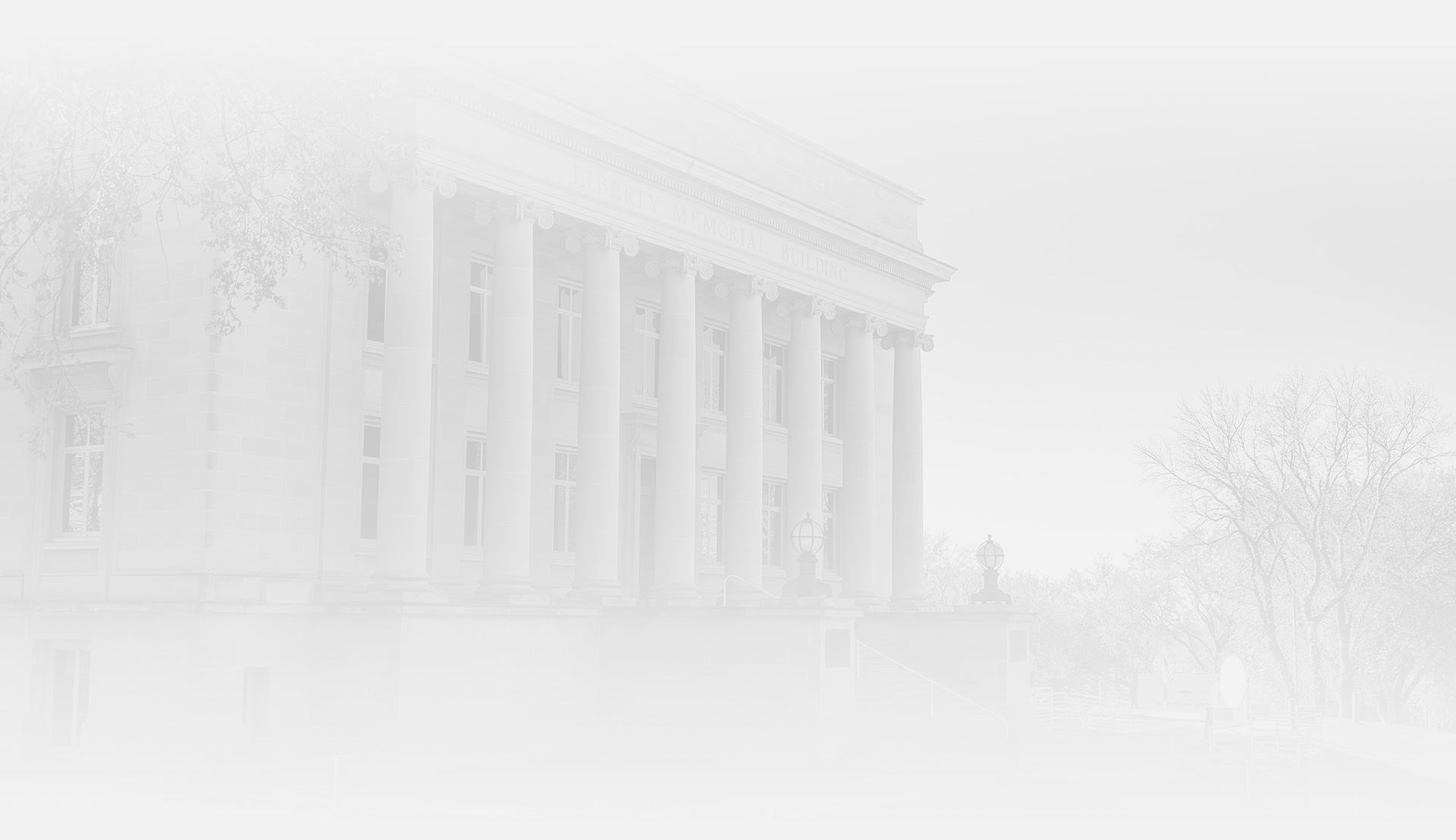
North Dakota & Montana Oilfield Accident Lawyers
Representing Injured Oilfield Workers in ND & MT
In North Dakota and Montana, energy extraction is a booming industry, and individuals are coming to work in the energy sector in record numbers. Unfortunately, oilfield accidents are abundant and often result in serious personal injuries and fatalities.
Potential hazards include exposure to hazardous chemicals, toxic substances or explosions, being involved in a motor vehicle or truck collision, or injuries caused by defective equipment.
At Maring Williams Law Office, our oilfield accident attorneys help injured workers throughout North Dakota and Montana, including Bismarck, Minot, Dickinson, Williston, and Watford City.
Some of our most notable case results include:
- $19 million: Our client suffered a traumatic brain injury and severe burns in a gas explosion
- $6 million: Our client suffered severe burns and permanent injuries in an explosion/fire
- $5 million: We represented the wife and child of an oilfield worker who died in an explosion
- $2.5 million: Our client was struck by a tank while driving through an oilfield
- $1.8 million: Our client suffered a permanent ankle injury while working on a workover rig
- $1.475 million: Our client developed chemical pneumonitis after inhaling toxic fumes
If you were injured or lost a loved one in an oilfield accident in North Dakota or Montana, call our attorneys at Maring Williams Law Office for help: (701) 402-6644.
How Maring Williams Law Office Can Help
Although you may have been working at the time of the accident and may now be receiving workers’ compensation benefits, this may not be your only source of recovery.
If you are injured by a company/contractor who is not your employer or an individual who is not a coworker or employer, you may be entitled to additional sources of recovery.
Maring Williams Law Office specializes in personal injury cases, including those involving oilfield injuries. If you were injured or lost a loved one, contact our oilfield accident attorneys for help.
Here's how Maring Williams Law Office can assist injured oilfield workers:
- Initial Consultation: The process typically begins with an initial consultation during which the injured worker can discuss the details of their accident and injuries with our team of skilled attorneys. This allows us to assess the case's merits and determine the potential for legal action.
- Investigation: We will conduct a thorough investigation into the circumstances of the accident. This may involve reviewing accident reports, interviewing witnesses, and working with experts to establish liability and build a strong case.
- Determining Liability: Maring Williams Law Office will work to identify the responsible parties, such as the oilfield operator, contractors, equipment manufacturers, or others, and establish their liability for the accident and resulting injuries.
- Medical Evaluation: Our team will help the injured worker obtain a proper medical evaluation to assess the extent of their injuries, treatment needs, and long-term prognosis. This medical evaluation is crucial for determining the compensation required to cover medical expenses and other losses.
- Negotiation: We will engage in negotiations with the responsible parties and their insurance providers to seek a fair settlement. This can include compensation for medical bills, lost wages, pain and suffering, and other damages.
- Litigation: If a fair settlement cannot be reached through negotiation, Maring Williams Law Office will be prepared to take the case to court. Our experienced trial attorneys will represent the injured worker in court and fight for their rights to compensation.
- Workers' Compensation: Depending on the circumstances, the firm may assist the injured worker in filing for workers' compensation benefits if they are available. Workers' compensation can provide financial support for medical expenses and lost wages without the need to establish fault.
If your injury occurred while you were working, at the very least you should file a claim with Workforce Safety & Insurance. You should also contact Maring Williams Law Office to discuss your injuries and to determine whether there are additional sources of recovery to which you are entitled.
Types of Oilfield Accidents
An oilfield accident refers to an unexpected and often harmful incident that occurs within the oil and gas industry, specifically in areas where the exploration, drilling, extraction, transportation, or processing of oil and natural gas takes place. These accidents can have severe consequences, including injuries, environmental damage, and financial losses.
Common types of oilfield accidents include:
- Blowouts: A blowout is a sudden, uncontrolled release of oil or gas from a well. This can result from a loss of well control, often due to a failure in the blowout preventer or other safety systems. Blowouts can lead to fires, explosions, and environmental contamination.
- Fires and Explosions: These accidents can occur in various parts of the oilfield, including drilling rigs, production facilities, and pipelines. They can be triggered by equipment failures, electrical issues, leaks, or other factors, and can result in injuries, fatalities, and extensive property damage.
- Toxic Gas Releases: The release of toxic gases, such as hydrogen sulfide (H2S), methane (CH4), or other hydrocarbons, can pose significant health and safety risks to workers in the oil and gas industry. Exposure to these gases can lead to serious health issues or fatalities.
- Equipment Failures: Oilfield equipment can malfunction, leading to accidents. Common examples include the failure of wellhead equipment, pressure vessels, pumps, and safety systems. These failures can result in injuries, damage to the environment, and loss of production.
- Falls and Falling Objects: Working on drilling rigs and oilfield structures often involves working at heights. Accidents involving falls or falling objects are common in the industry and can result in serious injuries.
- Vehicle Accidents: Oilfield operations often require the use of various vehicles, including trucks, helicopters, and boats. Accidents involving these vehicles can result in injuries and fatalities, particularly in remote and challenging terrains.
- Pipeline Failures: Oil and gas pipelines can rupture or leak, leading to environmental contamination, fires, and explosions. Pipeline failures can occur due to corrosion, material defects, external damage, or inadequate maintenance.
- Chemical Exposures: Workers may be exposed to hazardous chemicals used in drilling and production processes. Accidental spills or leaks of these chemicals can lead to injuries, health issues, and environmental damage.
- Confined Space Accidents: Some oilfield tasks require workers to enter confined spaces, which can be dangerous due to limited ventilation, potential gas buildup, and other hazards. Accidents in these spaces can lead to injuries and fatalities.
- Structural Failures: Oilfield infrastructure, such as platforms and storage tanks, can experience structural failures, often due to factors like corrosion, weather, or inadequate maintenance.
Causes of Oilfield Accidents
Oilfield accidents can occur for various reasons, and they often result from a combination of factors. Understanding the common causes of these accidents is essential for improving safety in the industry.
Here are some of the most common causes:
- Human Error: Human error is one of the leading causes of oilfield accidents. This can include mistakes made during drilling, equipment operation, maintenance, and decision-making. Fatigue, lack of training, and communication breakdowns can contribute to human error.
- Equipment Failure: The oil and gas industry relies on complex machinery and equipment. Failures in components like blowout preventers, pipelines, pressure vessels, and wellhead equipment can lead to accidents. These failures can result from manufacturing defects, corrosion, inadequate maintenance, or wear and tear.
- Inadequate Maintenance: Poorly maintained equipment and infrastructure are at greater risk of failure. Insufficient or infrequent maintenance can lead to deteriorating conditions, increasing the likelihood of accidents.
- Lack of Proper Training: Workers in the oil and gas industry need to be adequately trained to operate equipment safely and respond to emergencies. A lack of training or improper training can lead to accidents.
- Communication Breakdowns: Effective communication is vital in ensuring the safety of oilfield operations. Miscommunication or a lack of clear communication between workers, supervisors, and contractors can lead to accidents.
- Environmental Factors: Extreme weather conditions, natural disasters, and geological factors can pose risks in oilfield operations. These include hurricanes, earthquakes, landslides, and harsh weather conditions that can damage infrastructure or disrupt operations.
- Unsafe Work Practices: Failure to follow safety protocols and procedures can result in accidents. This may include not wearing personal protective equipment, ignoring safety regulations, or taking shortcuts to save time.
- Inadequate Emergency Response: Inadequate preparedness and response to emergencies can exacerbate the impact of an accident. This includes issues like a lack of appropriate safety equipment, evacuation plans, and response coordination.
- Fatigue and Long Working Hours: Oilfield workers often work long hours in remote and challenging environments. Fatigue can impair judgment and reaction times, increasing the risk of accidents.
Who is Liable for an Oilfield Accident?
Liability for an oilfield accident can involve multiple parties, depending on the specific circumstances and the underlying causes of the accident. Identifying the responsible parties is essential in determining liability, and it often requires a thorough investigation.
Here are some of the potential parties who can be liable for an oilfield accident:
- Operator or Owner of the Oilfield: The company or entity that operates or owns the oilfield is typically one of the primary parties responsible for ensuring safety and mitigating risks. They can be held liable if the accident resulted from their failure to maintain equipment, provide adequate training, or adhere to safety regulations.
- Contractors and Subcontractors: Oilfield operations often involve numerous contractors and subcontractors who are responsible for specific tasks or services. They may be held liable if their actions or negligence contributed to the accident. Contractors are often required to comply with safety regulations and industry standards.
- Equipment Manufacturers: If a malfunction or failure of equipment played a significant role in the accident, the manufacturer of the equipment may be held liable. This includes equipment like blowout preventers, drilling machinery, and safety gear.
- Service Providers: Companies that provide specialized services in the oilfield, such as drilling services, well control, or cementing, can be liable if their actions or negligence led to the accident.
- Supervisors and Managers: Individuals in supervisory or managerial roles may be held personally liable if it can be proven that their decisions or actions directly contributed to the accident, such as inadequate safety oversight or pressure to cut corners.
- Government and Regulatory Authorities: In some cases, government agencies responsible for regulating the oil and gas industry can be liable if they failed to enforce safety regulations adequately or were negligent in their oversight responsibilities.
- Employees and Workers: In cases of worker negligence or unsafe behavior, the employees or workers involved in the accident may share some liability. However, their liability may be limited by workers' compensation laws or similar regulations.
- Environmental Impact: If the oilfield accident results in environmental damage, the responsible parties may also be subject to liability under environmental laws and regulations, which can include cleanup costs and fines.
- Insurance Companies: Liability insurance policies are common in the oil and gas industry. Depending on the circumstances, an insurance company may be responsible for covering the costs associated with an oilfield accident, including legal settlements and compensation to victims.
- Landowners: In some cases, landowners who lease their land for oil and gas operations may be held liable if they were aware of hazardous conditions on their property but failed to address them or inform the operators.
Determining liability can be a complex process, and legal proceedings may be necessary to establish who should be held responsible for the accident and its consequences. Investigations, expert assessments, and regulatory authorities often play crucial roles in identifying liability and enforcing accountability.
Call (701) 402-6644 or send us a message online to learn more about your rights after an oilfield accident in ND or MT.

Client Testimonials
Success Stories From Members of Our Community
-
"Equitable settlement with care and professionalism."
Maring Williams Law Office represented my family after the death of my father, who was under the care of a convalescent ...
- S.S. -
"Made us feel comfortable and respected."
We recommend Maring Williams Law Office to friends or relatives with legal issues. Everyone here made us feel comfortable and ...
- M.M. -
"Integrity, kindness, and caring."
I can't say enough about the integrity, kindness, and caring I experienced throughout my case. I would recommend Maring ...
- J.Z. -
"Lindsay was more than just an attorney for me & my family."
Lindsay was more than just an attorney. She was very passionate about our case and I felt confident in her with every aspect. ...
- Donna L.

Our Values
How We Provide Exceptional Legal Service to Our Cleints
-
IntegrityWe abide by a strong code of ethics in serving our clients & our communities.
-
RespectWe respect our clients & their time, & we are committed to being responsive to their questions & needs.
-
CompassionWe care about every client who walks through our doors and will stop at nothing to fight for them.
-
ProfessionalismWe have more than 150 years of combined experience - and we're just getting started.
-
ExcellenceWe are proud to be one of the region's most-trusted and respected personal injury law firms.
-
CommitmentWe are committed to not only fighting for your recovery, but to guiding you through the entire process.
